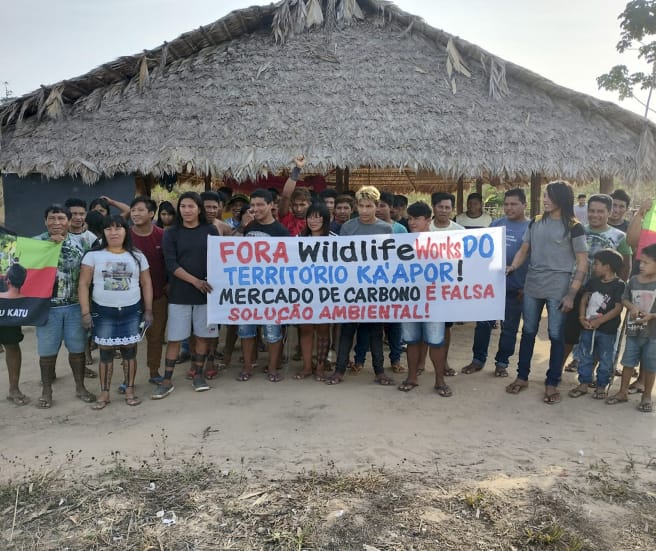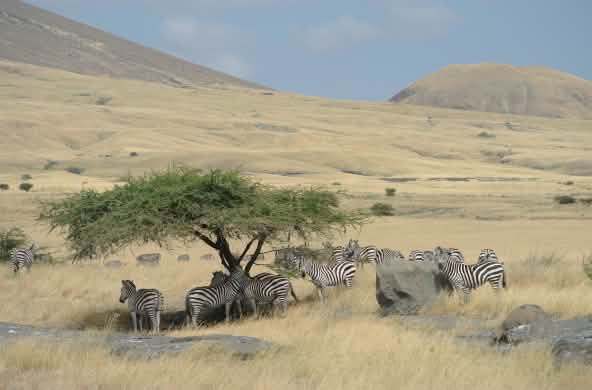
Climate and the rainforest – a Rainforest Rescue position paper
Rainforests are complex ecosystems with the highest level of biodiversity and are home to millions of people. They are a vital component of local and global climate systems and play a key role in climate protection and in the fight against catastrophic climate change.
But rainforests are increasingly unable to fulfill their function as climate stabilizers: When they are destroyed for plantations, cattle lots or mining projects, crucial carbon sinks are lost. Rainforest areas then become net emitters of greenhouse gases: in particular, slash-and-burn clearing and the use of the cleared areas for livestock cause emissions of carbon dioxide and methane. The loss of peat forests is particularly devastating.
Of the 18 tipping points in the global climate system, two are directly related to rainforests: the loss of the Amazon forests and the shift in the West African monsoons.
Without rainforest conservation, climate protection measures are doomed to failure.
The loss of biodiversity and catastrophic climate change are existential crises
We are confronted with two existential ecological crises at the same time, which we are causing with our way of life and economy: the climate catastrophe and the extinction of animal and plant species. According to the Intergovernmental Panel on Climate Change (IPCC), up to 30 percent of all species could become extinct if the world climate warms up by 1.5 to 2.5°C. Conversely, the loss of biodiversity can exacerbate climate change, for example at the tipping point of the Amazon rainforest.
Rainforest Rescue demands related to climate protection
We must fight the loss of biodiversity and catastrophic climate change at the same time. Prioritizing either crisis over the other is dangerous. Climate protection efforts must not be so uncompromising as to push dealing with the extinction crisis into a subordinate role. The two must go hand in hand, but in practice biodiversity conservation and climate protection measures are not necessarily congruent and can contradict each other.
We need to fundamentally change how we live and do business: we need to reject the mantra of growth at all costs, unbridled consumerism and the exploitation of nature. We must reduce our consumption of energy, food and raw materials instead of trying to maintain it by turning to “green products”, offset models and concepts such as net-zero or carbon neutrality. We must not allow ourselves to be blinded by the promise of future technologies as a panacea. What we need is de-growth, not “green growth”.
We must not make a business out of climate protection: Forests are not a commodity and CO2 is not a currency.
We must get out of fossil fuels. Biomass and biofuels are often a false solution. Projects that perpetuate the consumption of fossil fuels, such as the conversion of power plants, the development of new oil fields and mines, and the construction of pipelines are unacceptable. Biofuels based on palm oil, soy, sugar cane etc. are not a solution. Forests are not fuel for power plants.
We need to preserve forests and nature and heal damage. This will not be a trivial undertaking. Indiscriminately planting record-breaking numbers of trees is not a solution. Savannas, for example, are not “forest-free”, but valuable ecosystems that are adapted to their location. We must also appreciate forests as diverse ecosystems and habitats that are more than mere carbon sinks. The planting of trees must therefore have ecological value beyond climate protection. Tree plantations – which are usually intended as a source of timber and harvested after a few decades – are “fake forests” that are not acceptable in this regard.
Climate protection must be fair – protection measures must never come at the expense of human rights. We need to secure and strengthen the rights of indigenous peoples, who are often the best forest guardians. Often, indigenous peoples have been and continue to be displaced or have their rights violated in order to convert their traditional lands into protected areas, to reforest supposedly degraded lands, or to extract resources for “green products”.
We must realize climate protection fairly – between countries, population groups, genders and generations. The rich industrialized countries are primarily to blame for catastrophic climate change, both historically and on a per-capita basis today. The ones suffering the impact, on the other hand, are the people in the poor countries of the global South, who have contributed little to the catastrophic development, and who also have fewer resources available for adapting to the consequences of climate change.
It is therefore imperative that we as residents of industrialized countries do more than others to reduce our environmental consumption and to support the victims.
We need strict laws, regulations and treaties. Voluntary agreements or pledges by companies and states are often not adhered to, and in many cases are mere greenwashing. The responsibility for resource- and climate-friendly decisions must not be pushed onto the individual in the form of logos, seals and certificates.
In the wake of the Covid pandemic, we need to rebuild the economy and society in an environmentally sound way. There must be no economic “stimulus programs” based on old formulas. At the same time, Covid has shown that we are capable of creating rapid and profound change in the face of an existential crisis.

Rainforests are tightly intertwined with the climate: while forests are suffering from global warming, they are also the key to climate protection.
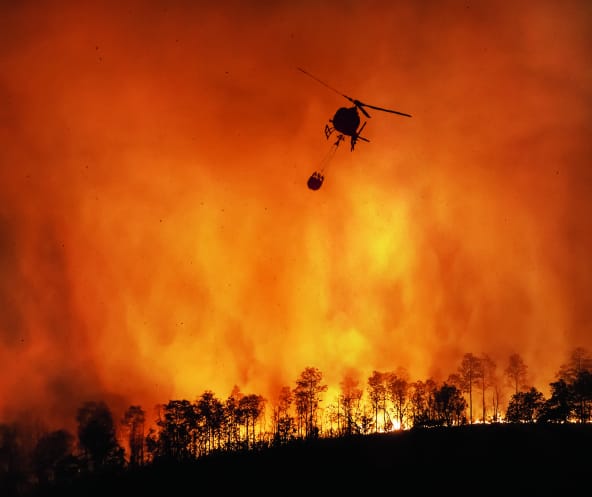
Climate change and extinction are existential crises that are tightly interwoven and reinforce each other. We must tackle them together.
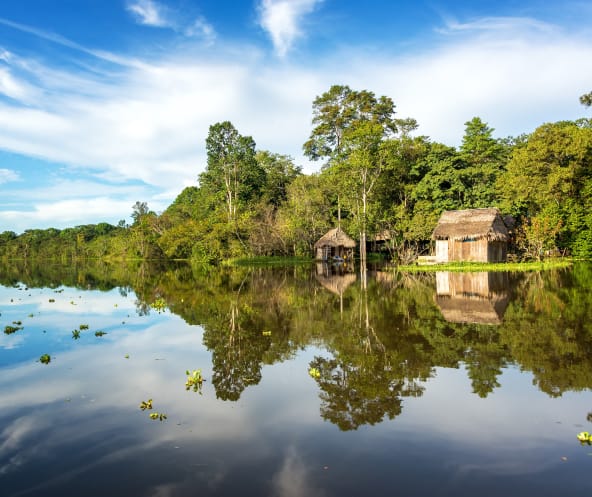
The effects of climate change do not proceed at the same speed everywhere. Scientists speak of ‘tipping points’ in this context.

Positive expressions related to sustainability and environmental protection often turn out to be empty words or the opposite of what they seem to describe.
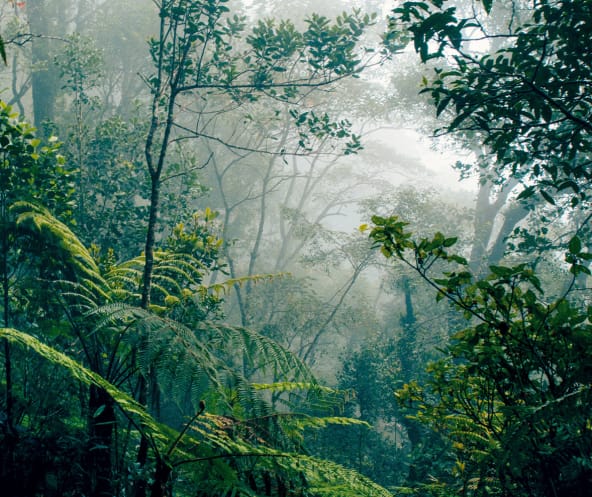
The preservation of Earth’s forests is crucial climate protection: They store vast amounts of carbon and regulate the water cycle.
Your signature can make a real difference. Our petitions expose destructive projects and name the perpetrators. Together we can have an even greater impact!
